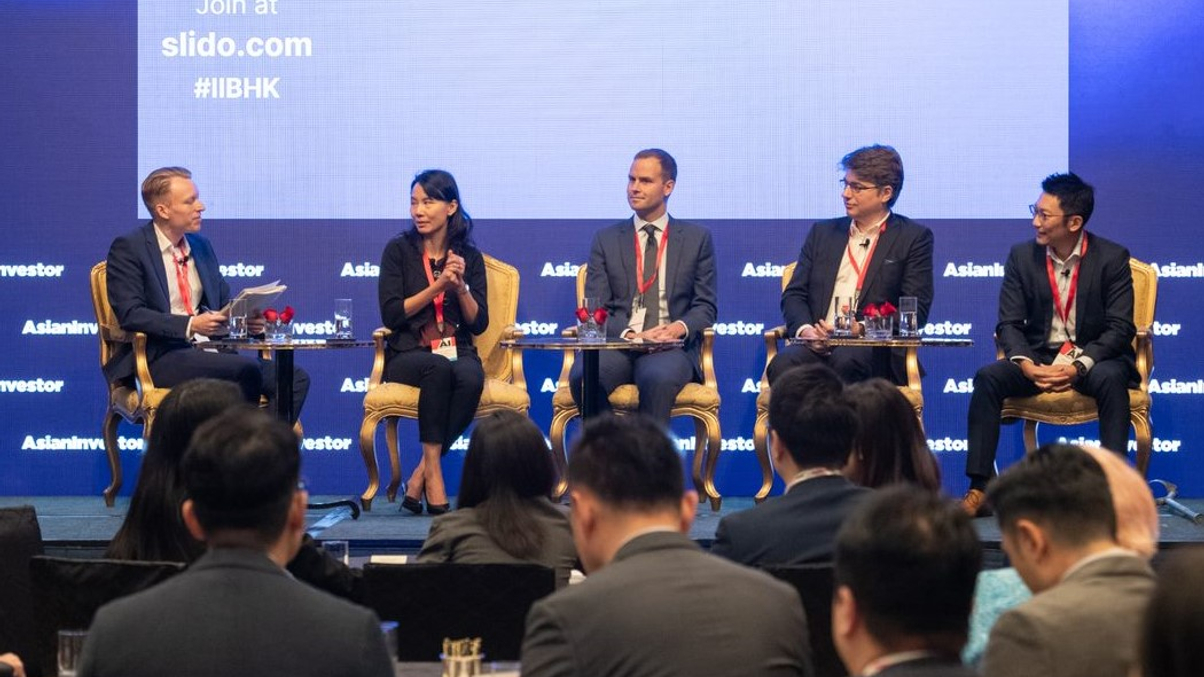Insurers warm to high interest rates amid market volatility
Uncertainty may be uppermost in investment managers’ minds, but higher interest rates present opportunities, speakers told AsianInvestor’s Insurance Investment Briefing Hong Kong.

As market uncertainties abound and new regulatory frameworks need to be implemented, the fact that high interest rates are back, and the consequence that investment decisions are somewhat more straightforward – in a traditional sense, if in no other – is worth pondering. At least that was what delegates to AsianInvestor’s Insurance Investment Briefing Hong Kong heard at the event on March 10.
Sign in to read on!
Registered users get 2 free articles in 30 days.
Subscribers have full unlimited access to AsianInvestor
Not signed up? New users get 2 free articles per month, plus a 7-day unlimited free trial.
¬ Haymarket Media Limited. All rights reserved.


